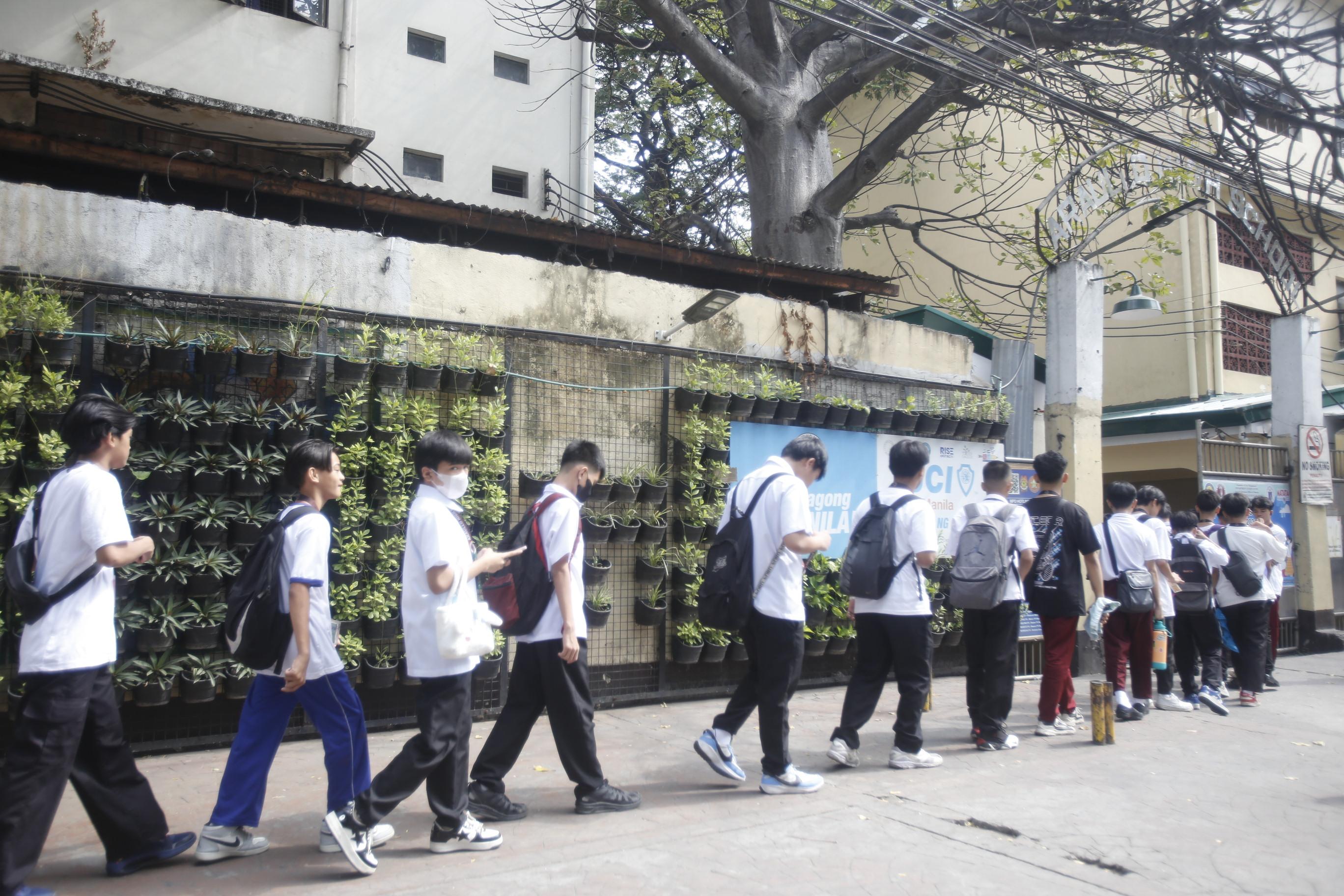ARAL Law to improve Pinoy students’ PISA performance -Angara

Education Secretary Sonny Angara expressed optimism on Monday that the Academic Recovery and Accessible Learning (ARAL) Law will significantly improve Filipino students' performance in international assessments, like the Program for International Student Assessment (PISA), in the long term.
However, Angara admitted that immediate results may not be evident in time for the next PISA, scheduled for March 2025.
“Pero definitely, sa pangmatagalan makakatulong siya dahil gaganda ang abilidad ng ating mga estudyante, especially ‘yung sinasabi na critical thinking… malalim mag-isip at iniisip ang kabuuanan,” he said in an ambush interview.
(In the long term, this will help improve the abilities of our students, especially in critical thinking and holistic reasoning.)
The ARAL Law, signed by President Ferdinand "Bongbong" Marcos Jr. in October 2024, is designed to address the pandemic-induced learning gaps.
The law, identified as a legislative priority by the Legislative-Executive Development Advisory Council (LEDAC), establishes a national learning intervention program for struggling learners to meet grade-level standards.
In the 2022 PISA results, the Philippines ranked sixth from the bottom among 81 participating countries and economies, reflecting poor performance in mathematics, science, and reading.
Thus, Marcos directed the Department of Education (DepEd) to prioritize improvements in the country’s PISA scores. The ARAL Law aims to be a key step toward achieving this goal.
The implementing rules and regulations (IRR) of the ARAL Law were signed on Monday afternoon.
Angara underscored that the law’s focus on improving critical thinking and foundational skills will eventually raise the performance of Filipino learners in international assessments. — DVM, GMA Integrated News




